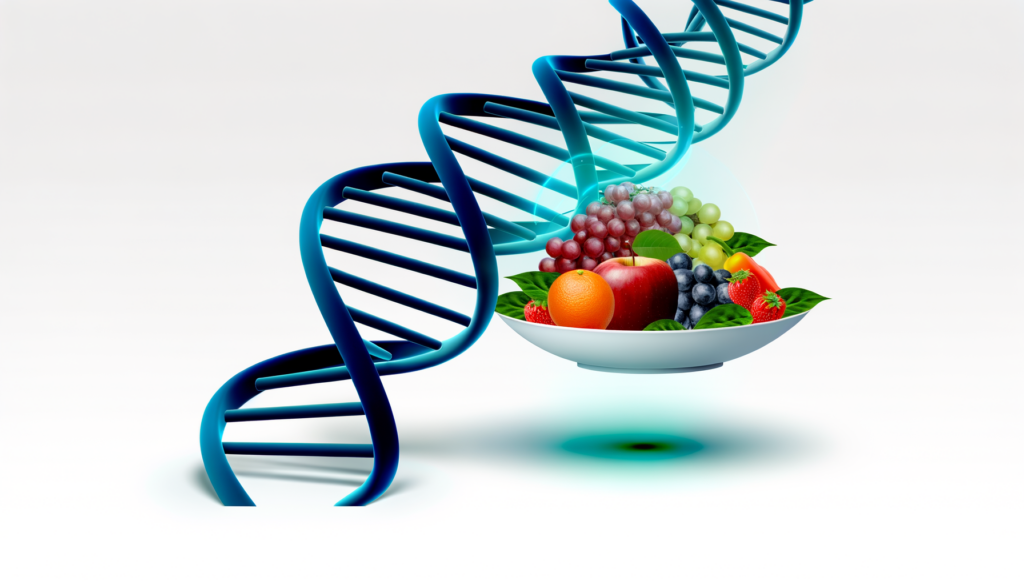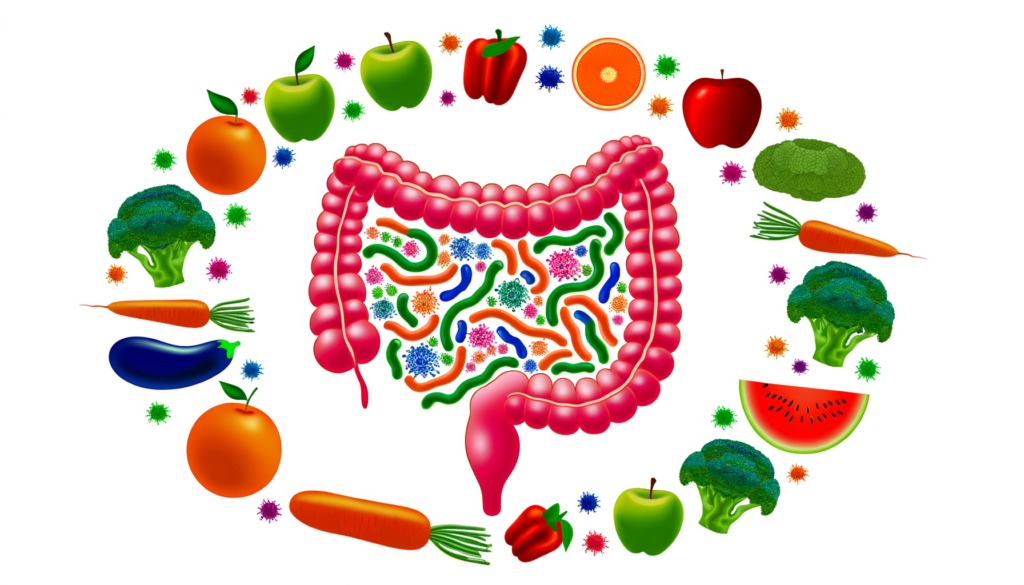Unlocking the Power of Digital Tools in Nutritional Science
In contemporary nutrition research, the support of health calculators for studies and digital nutrition tools is indispensable. They offer precision, efficiency, and robust data analysis that accelerates scientific discovery and personalized dietary insights. Leveraging tools like the Calorie Calculator Cloud platform enhances the accuracy and scope of nutrition research, empowering researchers to gather and interpret personalized research data efficiently.
How Calorie Calculators Enhance Nutrition Research Tools
Calorie calculators designed for scientific research are specialized instruments that estimate daily energy intake, macronutrient distribution, and micronutrient needs. Unlike generic apps, these tools integrate validated formulas and extensive food composition databases to aid the design and evaluation of nutrition interventions. For example, the USDA’s nutrition toolkits provide calculators such as DRI Calculators and Basal Energy Expenditure estimators, helping researchers quantify nutritional intakes and metabolism with accuracy.
Modern calorie calculators specifically for research use data like age, weight, height, and physical activity to produce outcomes critical for study design, including:
- Precise daily calorie requirements
- Macronutrient recommendations (carbohydrates, proteins, fats)
- Micronutrient (vitamins and minerals) intake estimations
- Body mass index (BMI) and basal metabolic rate (BMR) calculations
Such detailed nutrition analysis supports clinical trials, epidemiological studies, and personalized research protocols, ensuring that interventions are appropriately targeted and measurable.
Implementing Personalized Research Data in Nutrition Studies
One of the most impactful trends in nutrition research is the shift towards personalization. Nutrition tools that offer customized data, such as the Precision Nutrition Ultimate Macro Calculator, tailor dietary recommendations based on individual profiles, including metabolic rates and lifestyle factors.
Personalized data improves compliance and outcome prediction in clinical settings by helping participants follow more precise nutrition plans. By incorporating automated calculators that adjust dietary parameters based on real-time inputs, researchers can track dynamic changes in metabolism and body composition.
The Role of Calorie Calculator Cloud in Nutrition Research
Calorie Calculator Cloud is designed as a cloud-based solution ideal for researchers, dietitians, and healthcare professionals seeking robust tools for calorie and nutrient calculations. It streamlines complex computations into accessible analytics suited for both clinical trials and population health studies.
The platform excels due to its flexibility in handling large datasets, integrating different nutritional models, and providing an intuitive user interface. It supports the following critical research applications:
- Cross-study comparability: Standardizing calorie and nutrient calculations across diverse cohorts
- Data accuracy: Employing established scientific formulas such as the Harris-Benedict equation for basal energy expenditure
- Customizability: Facilitating scenario testing by adjusting variables like activity level and dietary intake
- Collaboration: Enabling data sharing within multidisciplinary teams across research institutions
Advanced Nutrition Analysis: Beyond Calories
Nutrition calculators used for research expand beyond calorie counting by incorporating sophisticated nutrient profiling. Tools like NutritionCalc Plus from McGraw Hill provide access to over 106,000 food items, offering comprehensive nutrient analyses necessary for precision research.
These tools aid researchers in assessing:
- Nutrient density variations in foods
- Effects of diet composition on health outcomes
- Food substitution impacts on nutrient intake
- Dietary patterns and their association with chronic disease risks
Case Studies Demonstrating Calculator-Driven Nutrition Research
Case Study 1: Weight Management Research
Utilizing the NIH Body Weight Planner integrated with calorie calculators like those found on Calorie Calculator Plans, researchers precisely simulated energy balance models. This enabled accurate prediction of weight loss trajectories in various demographic groups, enhancing intervention tailoring and participant adherence.
Case Study 2: Pediatric Nutrition Assessment
Tools such as the USDA/ARS Children’s Nutrition Research Center calculators were employed in evaluating children’s health status by estimating body composition and nutrient requirements, supporting studies on childhood obesity and micronutrient deficiencies.
These real-world implementations underscore the indispensability of advanced calculators in nutrition research, providing granular insight into dietary effects on health outcomes.
Complementary Nutrition Research Tools to Enhance Data Quality
In addition to calorie calculators, many researchers utilize a suite of nutritional science tools enhancing data granularity and validity:
- Dietary Supplement Ingredient Database (DSID) – for analysis of supplement composition relevant to intervention studies
- Cronometer – advanced nutrition tracking with micronutrient detail supporting longitudinal studies
- Eat for Health Calculators – estimating nutrient and energy needs aligned with food-based dietary guidelines
Combining these tools with calorie calculation systems improves the reliability of nutritional exposure assessment, a core metric for epidemiological and clinical research.
Future Horizons: Integrating AI and Big Data with Nutrition Calculators
The next evolution in nutrition research tools is marked by artificial intelligence and big data analytics embedded within calorie calculators. Emerging platforms are harnessing machine learning to refine nutritional predictions and simulate individualized diet-disease interactions.
This novel approach offers immense promise for:
- Enhanced precision in diet personalization fueled by large-scale population data
- Real-time adaptation of nutrition plans driven by biometric and behavioral data
- Identification of previously unknown nutrient-gene interactions impacting health outcomes
Cloud-based calculators, such as Calorie Calculator Cloud, are well-positioned to incorporate these advances given their scalable infrastructure and cross-platform accessibility.
Maximizing Research Impact with Effective Digital Nutrition Tools
To achieve the highest research rigor, choosing the right calorie calculator for research is crucial. Effective nutrition analysis depends on:
- Scientific validation: Tools grounded in peer-reviewed methodologies
- Comprehensive data ecosystems: Access to extensive nutrient databases and customizable variables
- User-friendly interfaces: Supporting both experts and participants in ease of data entry and interpretation
- Interoperability: Integration with electronic health records and research management systems
Platforms like Calorie Calculator Plans offer scalable options tailored to the varying needs of research groups from small pilot studies to large clinical trials.
Final Thoughts on Digitally Empowered Nutrition Research
Nutrition research today demands precision, scalability, and adaptability—qualities well-met by advanced calorie calculators and nutrition research tools. Integrating these digital assets, especially through cloud-based solutions like Calorie Calculator Cloud, accelerates discoveries that translate into real-world health benefits.
By harnessing personalized research data and innovative analysis technologies, scientists deepen their understanding of diet-health relationships, paving the way for targeted nutritional therapies, enhanced dietary guidelines, and ultimately, improved population health outcomes.








